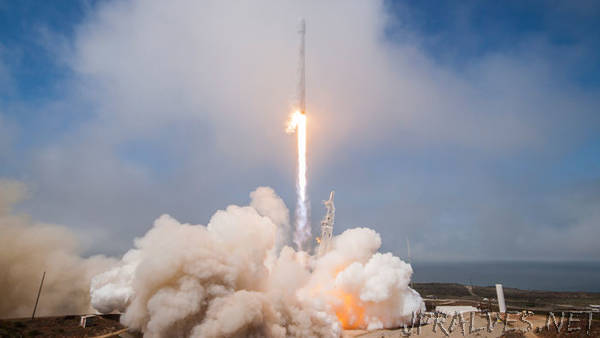
“Launch-related rupture has the potential to disrupt navigation signals.
ws a hole in the atmosphere
Launch-related rupture has the potential to disrupt navigation signals.
A rocket launched in 2017 punched an enormous hole in Earth’s upper atmosphere that might have temporarily disrupted Global Positioning System (GPS) navigation.
The Falcon 9 rocket, built by private space-flight company SpaceX, blasted off in August to take a satellite to orbit. A team led by Charles Lin of National Cheng Kung University in Tainan, Taiwan, analysed how the launch affected the ionosphere, an atmospheric layer composed of free electrons and ions.
The Falcon 9’s passage generated the first known circular acoustic shock waves made by a rocket. The team says that the waves probably owe their unique shape to the rocket’s unusual, nearly vertical trajectory into space. Earlier launches at lower angles produced V-shaped patterns.
The rocket exhaust also carved a 900-kilometre-wide hole in the ionospheric plasma. That disruption may have interfered with GPS signals travelling though the ionosphere to Earth, say the authors, who did not try to detect whether the predicted GPS errors occurred.”
